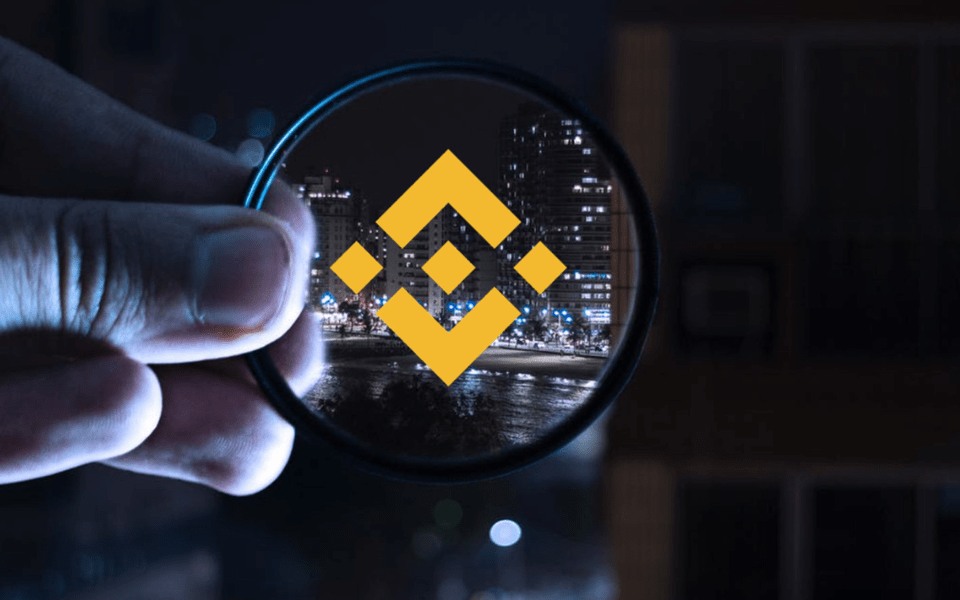In the future, the possibility of Binance (or international crypto exchanges) being officially licensed in Vietnam depends on many factors, including the government's legal policies, international trends, and Binance's own actions. Here are some possible scenarios:

1. The possibility of Binance being licensed in Vietnam
Advantages:
Global trends: Many countries (Japan, UAE, France…) have licensed Binance. If Vietnam wants to attract blockchain technology, it may consider a similar model.
Market demand: The number of crypto users in Vietnam is very large (Top 1 in adoption according to Chainalysis 2023), the government may consider regulation instead of a complete ban.
Legal draft: If the Digital Assets/Cryptocurrency Law is established, Binance may apply for a license as an authorized exchange.
Challenges:
The cautious view of the State Bank of Vietnam: The State Bank has previously warned about risks from crypto, so the opening may take place slowly.
Compliance requirements: Binance must meet conditions regarding AML (anti-money laundering), KYC (identity verification), and taxes – which Binance has previously been accused of lacking transparency in many countries.
Competition with local exchanges: If Vietnam prioritizes the development of domestic exchanges (e.g., Vietbit, Onus), Binance may be restricted.

Binance CEO CZ and Richard Teng
. Possible scenarios
2025–2026:
Vietnam is testing a pilot legal framework for crypto (like Malaysia, Indonesia).
Binance has applied for a PSA (Payment Services Act) license or a similar type.
After 2026:
If crypto is recognized as a legal virtual asset, Binance may operate under the supervision of the State Bank or the Ministry of Finance.
Binance must set up servers in Vietnam, store user data, and pay taxes.
🔹 In summary: Binance may be licensed in the future if Vietnam opens the crypto market, but it will require time and preparation from both sides. Currently, caution is still advised when using it.